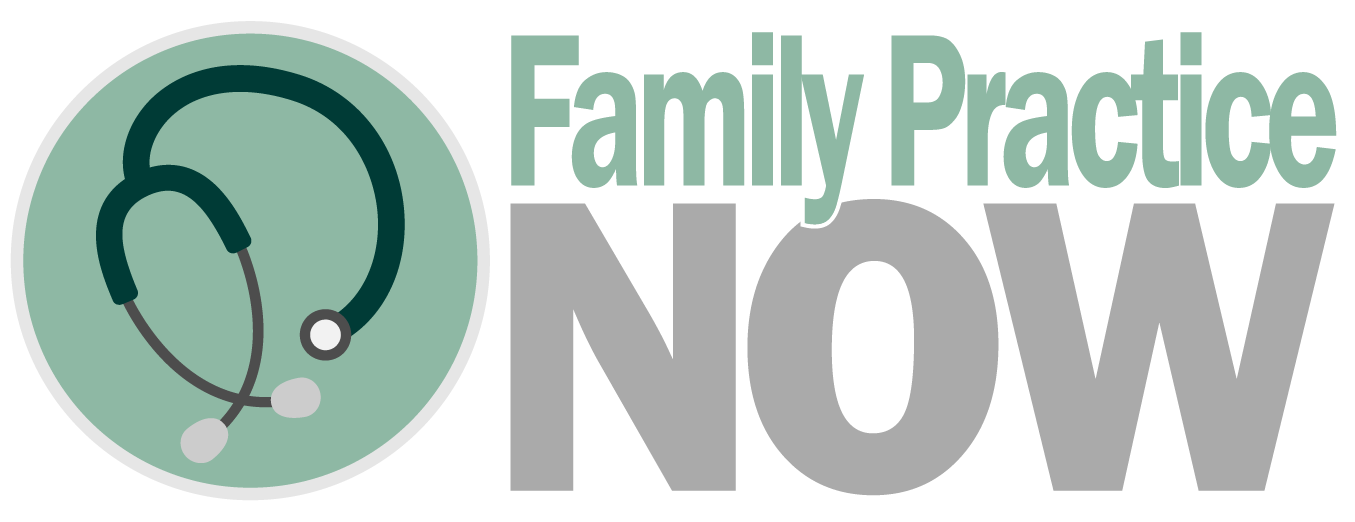Premier - Local Rheumatologist
-
Adult Onset Scoliosis
In the majority of cases, the cause of scoliosis is either unknown (idiopathic) or benign in nature, such as degenerative changes in the discs or joints. Idiopathic scoliosis, which occurs in adolescents, is the most common form of scoliosis, accounting for about 80% of cases. It
-
Why is a Diagnosis of Scoliosis Important?
It’s important to have scoliosis diagnosed. It’s in two settings. For adolescents, it’s important to have it diagnosed because if it’s the ones that progress and the ones that you can prevent through simple treatments.
Yes, you are correct. If curvature of the spine, such as in the case of scoliosis, is severe enough to put pressure on nerves and cause weakness or neurological symptoms in the arms or legs, it is important to diagnose and treat the condition to prevent further complications.









